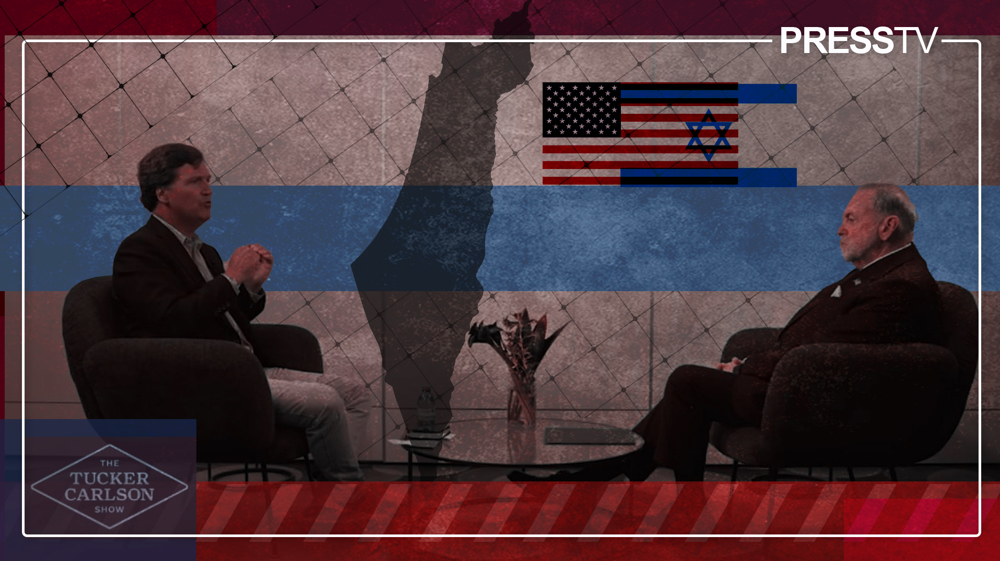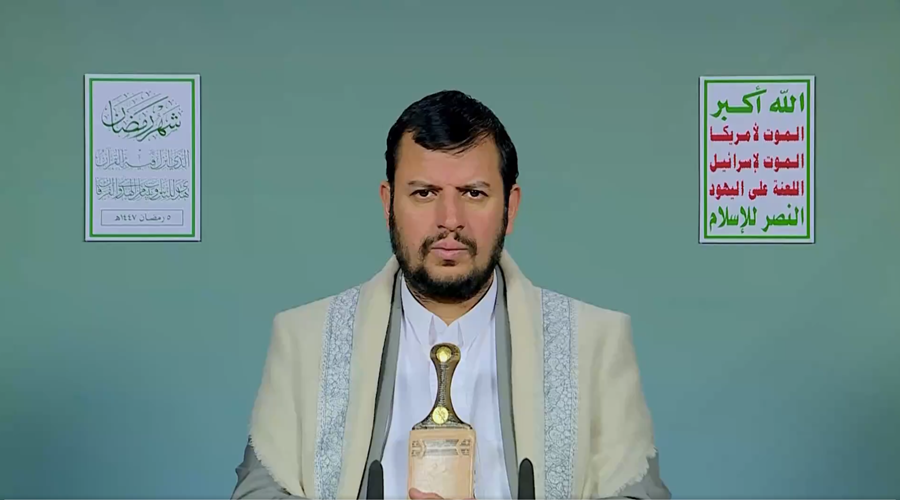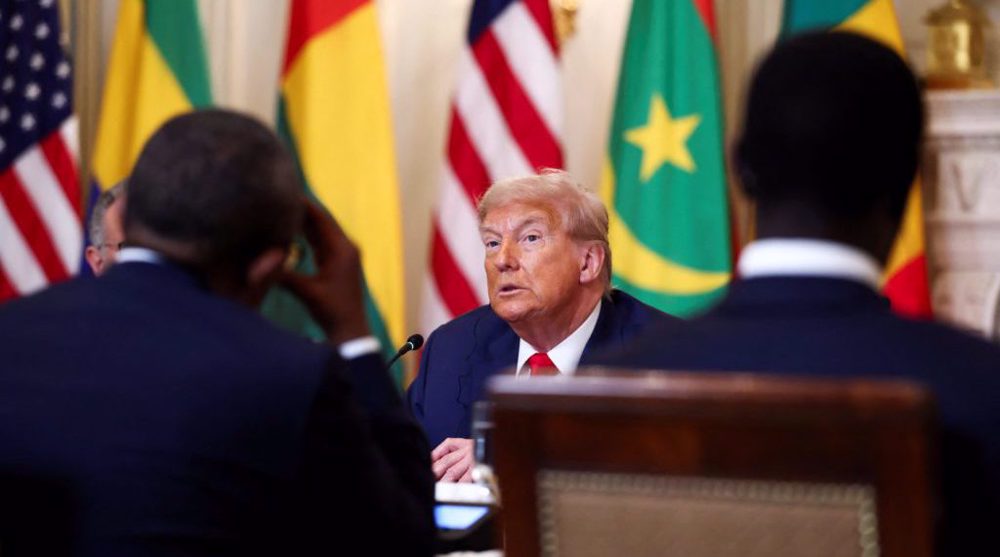US sanctions bill against Russia stalled in House of Representatives
A new package of economic sanctions against Russia and Iran that would limit President Donald Trump’s ability to lift financial penalties on Moscow is mired in a partisan dispute in the House of Representatives in Congress.
The pending legislation, which passed the Senate on a 98-to-2 vote last month, has stalled in the House with Republicans and Democrats blaming each other for the delay.
The bill was introduced in response to Russia's alleged interference in the 2016 presidential election and its purported involvement in the Ukrainian conflict.
A key part of the legislation would require a congressional review if President Donald Trump attempted to ease or end penalties against Moscow. It would give Congress a much stronger hand in determining Russia sanctions policy.
Trump’s desire to improve ties with Moscow along with alleged collusion between his presidential election campaign and the Kremlin has many lawmakers uneasy about leaving the country’s sanctions policy to the president alone.
But Democrats in the House said they do not trust that House Republicans are serious about the effort and say a recent change to the bill would effectively prevent them of their ability to raise objections to Trump’s sanctions policy on Russia.
Read More:
After the bill passed the Senate, House Republican leaders raised procedural objections to the bill and demanded revisions, prompting House Democrats this week to threaten to block the bill from moving forward.
“House Republicans are prepared to send the Iran-Russia sanctions bill papers back, which will allow the Senate to automatically resend us a fixed bill, but House Democrats are blocking that and demanding their own changes to the bill,” said AshLee Strong, a spokeswoman for House Speaker Paul Ryan.
Senators are growing increasingly frustrated with the squabbles in the House over what they view as a dispute over technicalities and not the substance of the package.
The White House says the legislation unacceptably constrains the president's authority. Marc Short, the White House legislative director, told reporters Monday the administration objects to a key part of the legislation that would give lawmakers a much stronger hand in determining Russia sanctions policy.
"Our concern is that the legislation, we believe, sets an unusual precedent of delegating foreign policy to 535 members of Congress by not including certain national security waivers that have always been consistently part of sanctions bills in the past," Short said.
Freedom of speech, right to protest under assault in UK
Border guards seize cache of weapons, ammunition near Iran-Afghanistan border
Grok to power classified programs as Musk's xAI secures deal with Pentagon
Iraqi FM tells US envoy: Government formation ‘internal matter’
Israel killed Gaza aid workers in ‘execution style’ massacre in 2025: Report
Participation shrinks at Israeli arms expo in wake of Gaza genocide: Report
Venezuela calls on UN to pressure US for Maduro’s immediate release
Hamas: Israel seeks to break Palestinian abductees’ will through abuse

















 This makes it easy to access the Press TV website
This makes it easy to access the Press TV website